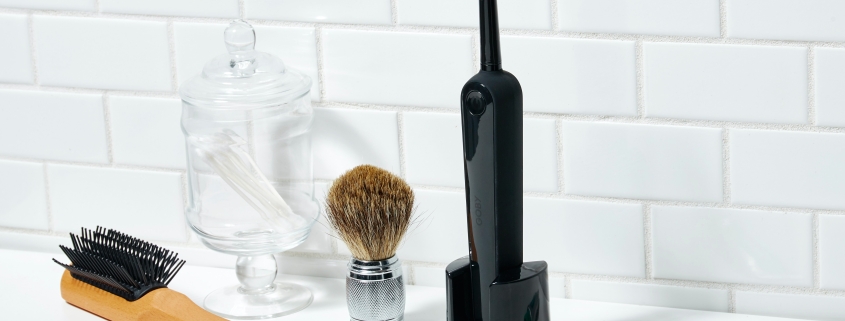If you enjoyed all the fun summer wines, and are looking forward to all the hot fall drinks, you may want to take some extra steps to protect your teeth’s enamel now. The American Dental Association notes “Foods and beverages that are high in acids wear away the enamel that protects your teeth, a process known as tooth erosion. This changes the appearance of your teeth and opens the door for bacteria that can cause cavities or infection.” When you drink lots of acidic drinks, it can soften your enamel, leaving your teeth more vulnerable to staining and enamel erosion. Symptoms of this are often tooth sensitivity when drinking or eating something hot or cold, or having some discoloration on your teeth.
Can you still drink your Pumpkin Spice Lattes this fall? The good news is yes you can with some extra steps! To help your teeth, you can do a couple of things: waiting at least an hour to brush your teeth after finishing your drink, and limiting the amount of drinks throughout the day. If you are worried about your enamel, have your dental hygienist check your teeth at your next cleaning. Want us to check them out sooner? Contact us!



